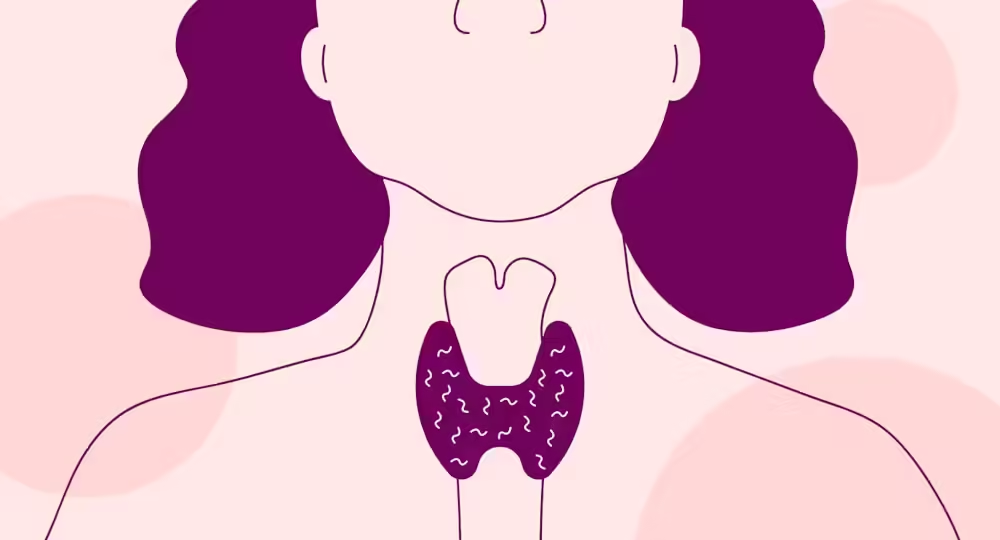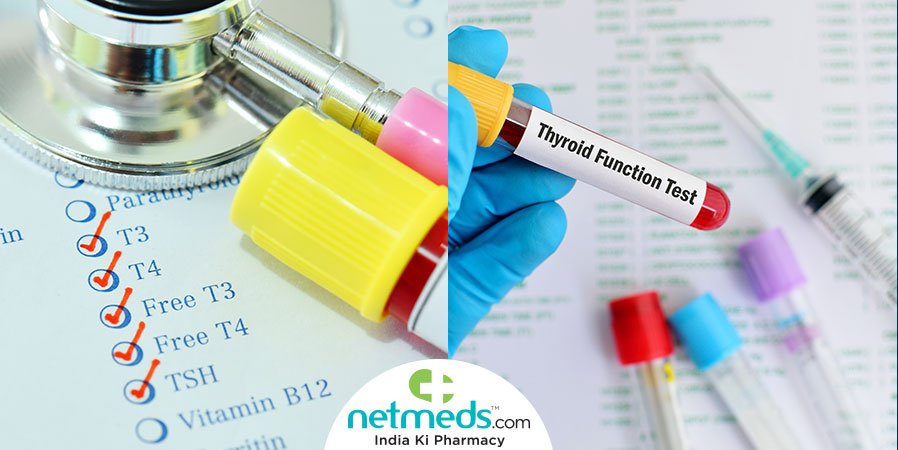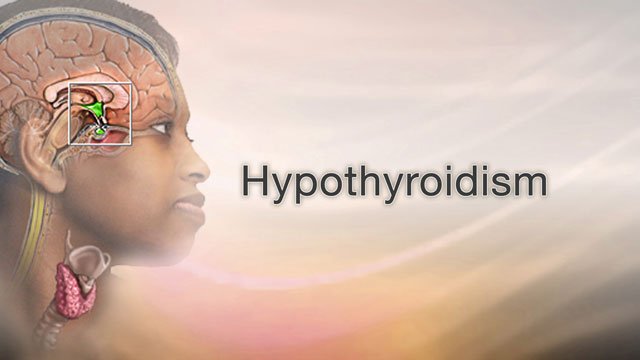
Treatment for hypothyroidism usually includes taking the thyroid hormone medicine levothyroxine (Levo-T, Synthroid, others) every day. This medicine is taken by mouth. It returns hormone levels to a healthy range, eliminating symptoms of hypothyroidism.
You’ll likely start to feel better one or two weeks after you begin treatment. Treatment with levothyroxine likely will be lifelong. Because the dosage you need may change, your health care provider may check your TSH level every year.
Finding the right dosage
To find the right dosage of levothyroxine for you, your health care provider checks your level of TSH about 6 to 8 weeks after you start taking the medicine. You may need another blood test to check TSH again six months later. Too much levothyroxine can cause side effects, such as:
- Tiredness.
- Increased appetite.
- Sleep problems.
- Shakiness.
- Pounding of the heart, sometimes called heart palpitations.
Levothyroxine typically causes no side effects when used in the correct dose. If you change brands of the medicine, tell your health care provider, as the dosage may need to change.
If you have coronary artery disease or severe hypothyroidism, your health care provider may start treatment with a smaller amount of medicine and then slowly increase the dosage. This allows your heart to adjust to the rise in your body’s metabolism.
Taking levothyroxine correctly
Levothyroxine is best taken on an empty stomach at the same time every day. Ideally, you take the hormone in the morning, and then wait 30 to 60 minutes before you eat or take other medicine. If you take the medicine at bedtime, wait to take it until at least four hours after your last meal or snack.
Don’t skip doses or stop taking the medicine because you feel better. If you do, it’s likely that the symptoms of hypothyroidism will slowly return. If you miss a dose of levothyroxine, take two pills the next day.
Some medicines, supplements and even some foods may affect your body’s ability to absorb levothyroxine. Talk to your health care provider if you eat large amounts of soy products, or if you typically eat a high-fiber diet. Also, tell your provider if you take other medicines, especially:
- Iron supplements or multivitamins that contain iron.
- Aluminum hydroxide, which is found in some antacids.
- Calcium supplements.
Subclinical hypothyroidism
If you are diagnosed with subclinical hypothyroidism, talk about treatment with your health care provider. For a mild rise in TSH, thyroid hormone medicine may not be useful. If your TSH level is higher, but still in the subclinical range, thyroid hormones may improve some symptoms.
source:www.mayoclinic.org
RELATED POSTS
View all



